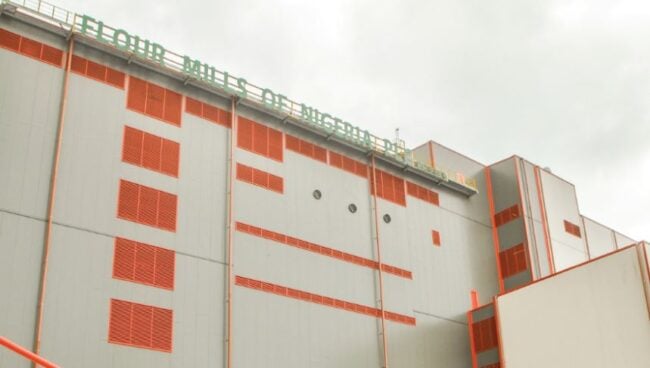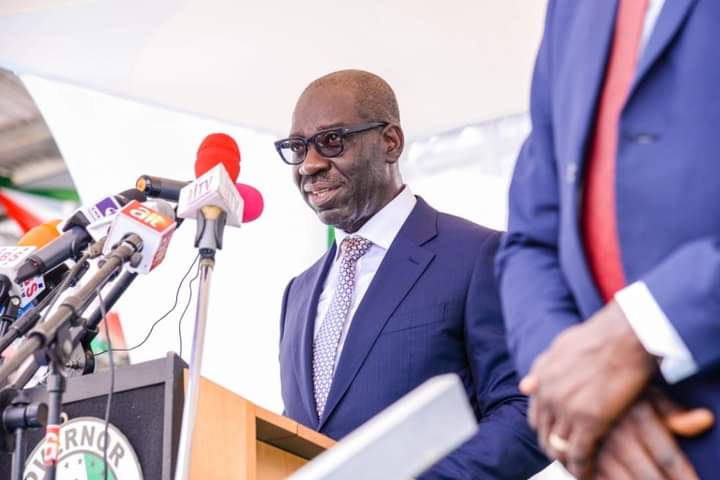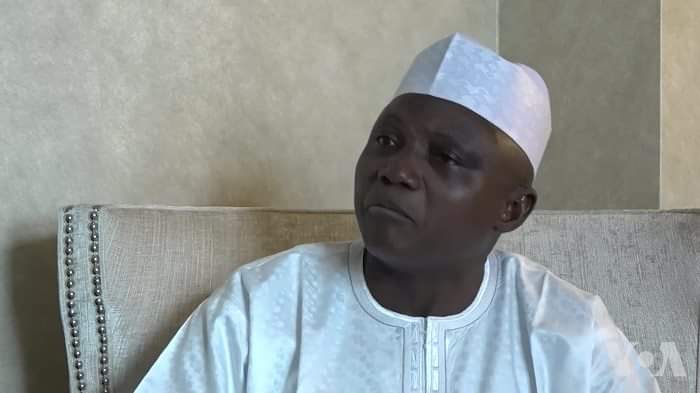Flour Mills, Nigeria’s integrated food business and agro-allied group, says it is expanding its sugar backward integration programme (BIP) with the acquisition of 20,450 hectares of land in Nasarawa.
The project is estimated to cost at least $300 million.
In a regulatory filing posted on the Nigerian Exchange Limited (NGX) on Friday, Umolu Joseph, company secretary, said the move is part of the company’s commitment to the backward integration programme of the Nigeria Sugar Master Plan and the overall growth strategy of the industry in Nigeria.
“The 20,450 hectares is situated at Umaisha Development Area of Toto Local Government of Nasarawa State on the north bank of the Benue River, about 70 Kilometres upstream from Lokoja,” the company said.
Advertisement
“It is expected that land preparation, including surveys and the initials designs, will start immediately in anticipation of the commencement of operations during the course of this year.
“The plan is to develop up to 15,000 hectares of under cane and to construct a state-of-the-art sugar mill in line with our BIP commitments and Nigeria’s drive for self-sufficiency in sugar production.
“Similar to our investment in Sunti, Niger state, the development plan of the Nasarawa BIP will significantly benefit neighbouring communities who will be impacted by numerous community improvement projects that have already been earmarked to begin soon, including access roads, electrification projects, primary healthcare and educational facilities and expanded youth job opportunities – including the extension of our out-grower scheme that will empower farmers, and ultimately improve lives.”
Advertisement
Recently, Aliko Dangote, chairman of Dangote Sugar Refinery, had said Nigeria will save up to $700 million annually if stakeholders comply with the national sugar master plan (NSMP).
He said this at the 15th annual general meeting of the company in Lagos, noting that a distortion in the sugar master plan framework would affect the target of self-sufficiency in sugar production.
In 2008, the national sugar development council (NSDC) developed the NSMP to boost the country’s self-sufficiency in sugar production.
As of 2019, sugar consumption in Nigeria stood at 1.4 million tonnes, production at 38,597 tonnes, while the country imported 1.36 million tonnes during the period.
Advertisement
Add a comment






